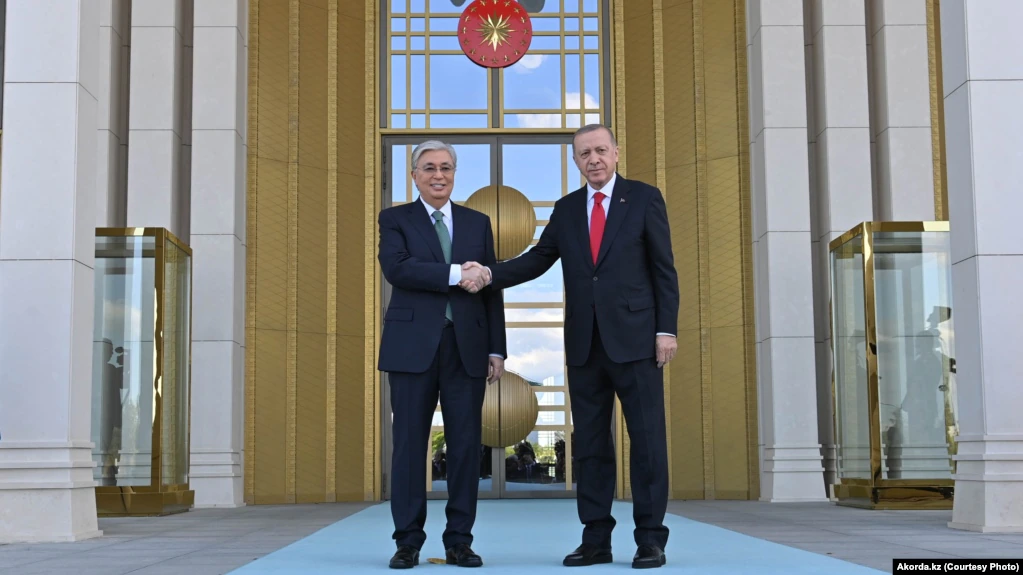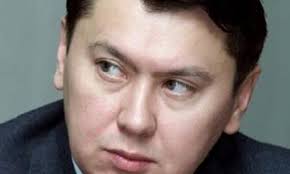 Two Kazakhs are due to appear in court in Austria in one of the country's most unusual murder trials. The men, who include a former intelligence chief, are accused of aiding the abduction and murder of two bankers in Kazakhstan in 2007.
Two Kazakhs are due to appear in court in Austria in one of the country's most unusual murder trials. The men, who include a former intelligence chief, are accused of aiding the abduction and murder of two bankers in Kazakhstan in 2007.
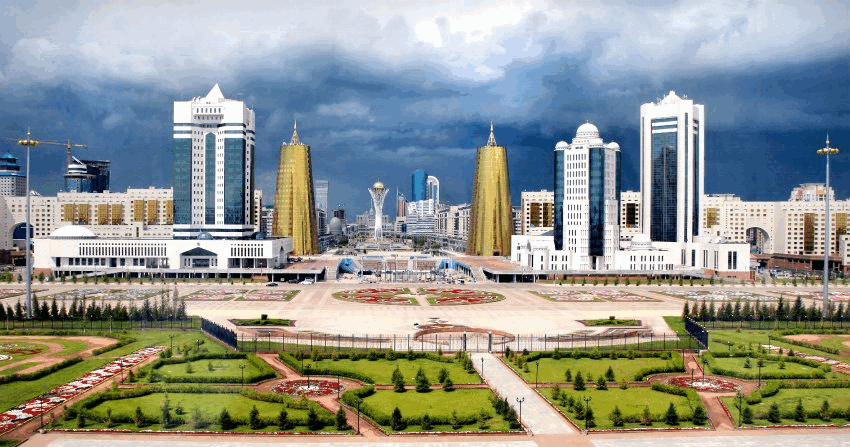 The United States is often – and often fairly – maligned for a distinct lack of strategy in its relations with Central Asia. Tacked on to Chinese or Afghanistan policy, bogged in securitization or stilted democratization efforts, Washington has seemed unable to formulate a distinct, coherent policy for the region for years. Unlike Beijing's economic expansion or Moscow's military ties, Washington's Central Asian policy, if one appears, often comes across as an afterthought.
The United States is often – and often fairly – maligned for a distinct lack of strategy in its relations with Central Asia. Tacked on to Chinese or Afghanistan policy, bogged in securitization or stilted democratization efforts, Washington has seemed unable to formulate a distinct, coherent policy for the region for years. Unlike Beijing's economic expansion or Moscow's military ties, Washington's Central Asian policy, if one appears, often comes across as an afterthought.


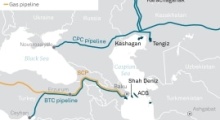

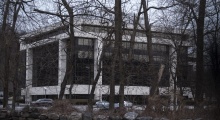
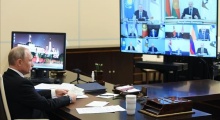

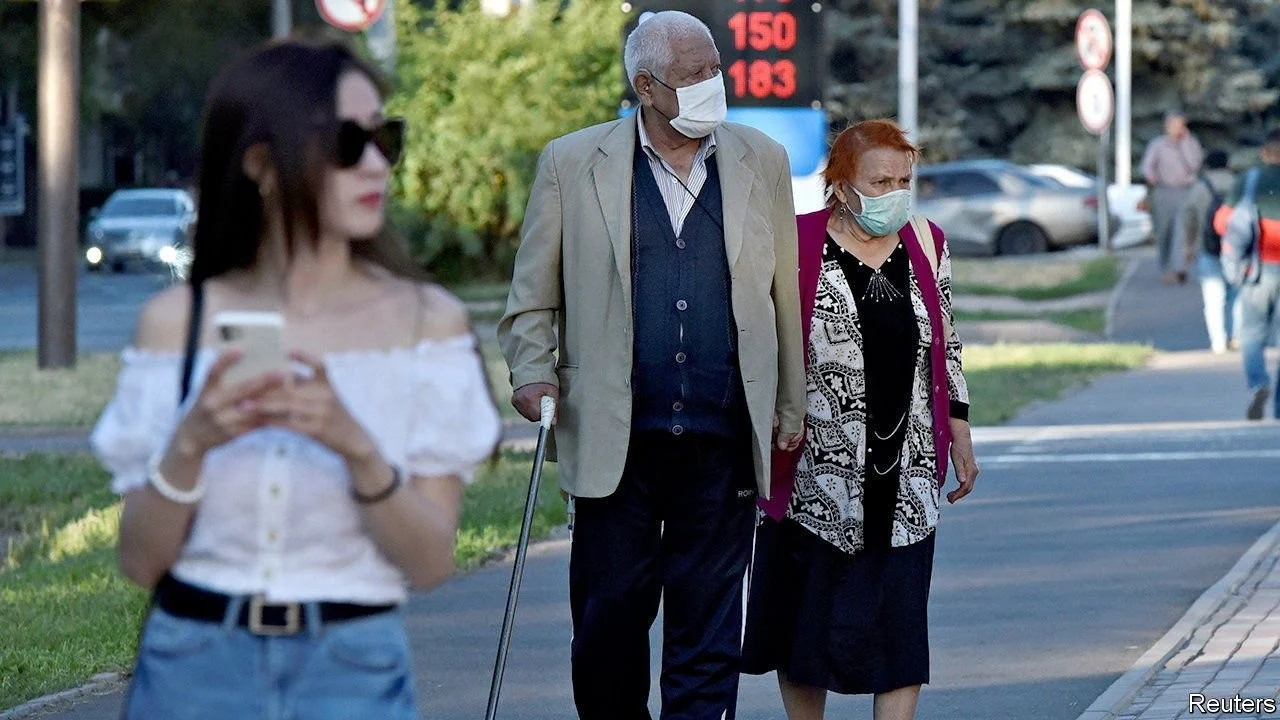
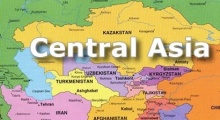
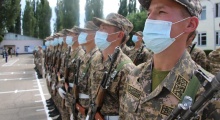

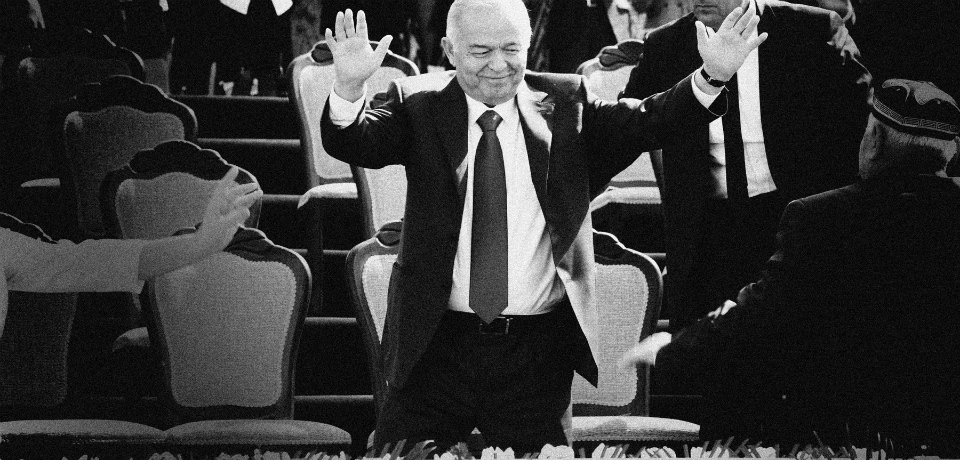 A cold drizzle fell on Istanbul on the morning of Dec. 10, 2014, as Abdullah Bukhari made his way to teach his students at a madrasa nestled amid apartment blocks and hardware stores in the Zeytinburnu neighborhood. A white prayer cap on his head, Bukhari made two crucial departures from his daily routine, according to one of his students: He told his bodyguard to stay at home and he didn't wear a bulletproof vest beneath his white ankle-length thobe.
A cold drizzle fell on Istanbul on the morning of Dec. 10, 2014, as Abdullah Bukhari made his way to teach his students at a madrasa nestled amid apartment blocks and hardware stores in the Zeytinburnu neighborhood. A white prayer cap on his head, Bukhari made two crucial departures from his daily routine, according to one of his students: He told his bodyguard to stay at home and he didn't wear a bulletproof vest beneath his white ankle-length thobe.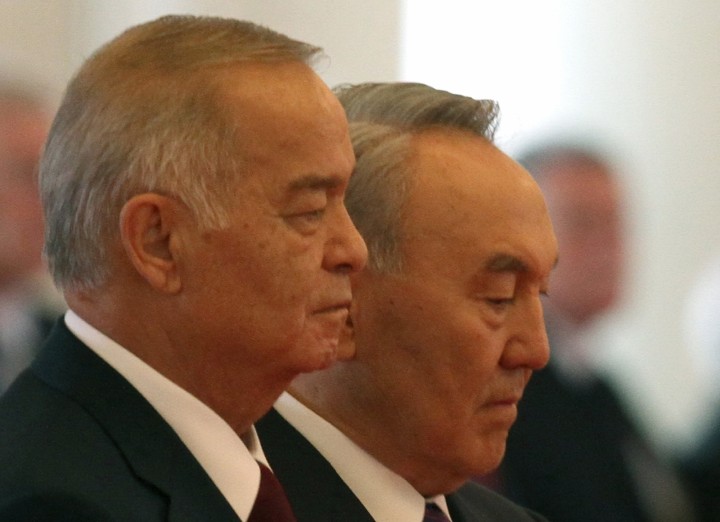 Ever since communist bosses morphed into democrats after the fall of the Soviet Union in 1991, they have polished a veneer of democracy. It means staging elections from time to time. It does not mean that votes are fair or that power changes hands.
Ever since communist bosses morphed into democrats after the fall of the Soviet Union in 1991, they have polished a veneer of democracy. It means staging elections from time to time. It does not mean that votes are fair or that power changes hands.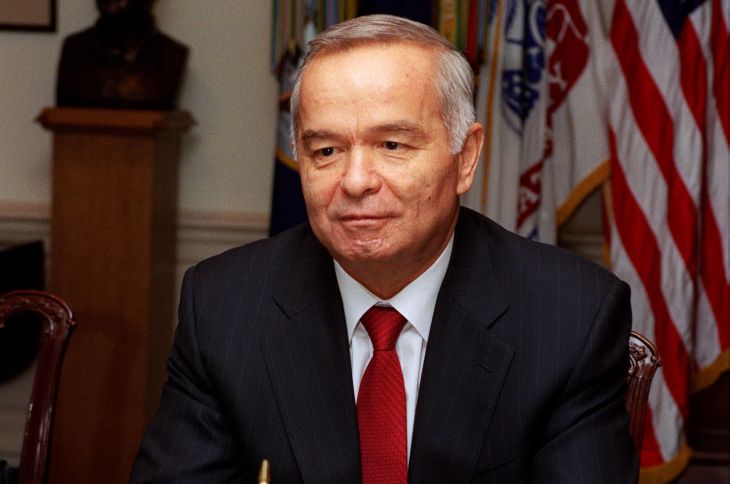 Uzbekistan, a Central Asian state of 30 million people with vast natural resources, has recently witnessed two major back-to-back events – the Navruz holiday and the 4th presidential elections since the demise of the Soviet Union.
Uzbekistan, a Central Asian state of 30 million people with vast natural resources, has recently witnessed two major back-to-back events – the Navruz holiday and the 4th presidential elections since the demise of the Soviet Union.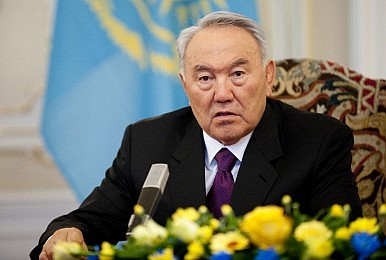 As expected, Nursultan Nazarbayev has been confirmed as the ruling party's candidate for the presidential elections that will be held next April in Kazakhstan. At the Nur Otan convention in Astana, Nazarbayev received countless endorsements from his party colleagues, maintaining a solid consensus. Nazarbayev even interrupted some of the speakers at the convention, regarding them as too flattering. Two among the delegates referred to him as "kissed by God."
As expected, Nursultan Nazarbayev has been confirmed as the ruling party's candidate for the presidential elections that will be held next April in Kazakhstan. At the Nur Otan convention in Astana, Nazarbayev received countless endorsements from his party colleagues, maintaining a solid consensus. Nazarbayev even interrupted some of the speakers at the convention, regarding them as too flattering. Two among the delegates referred to him as "kissed by God."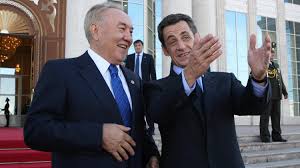 An ex-adviser to the French presidency was indicted on corruption charges linked to a trade agreement between Paris and Astana during Nicolas Sarkozy's term, a source close to the probe told AFP Thursday.
An ex-adviser to the French presidency was indicted on corruption charges linked to a trade agreement between Paris and Astana during Nicolas Sarkozy's term, a source close to the probe told AFP Thursday.


